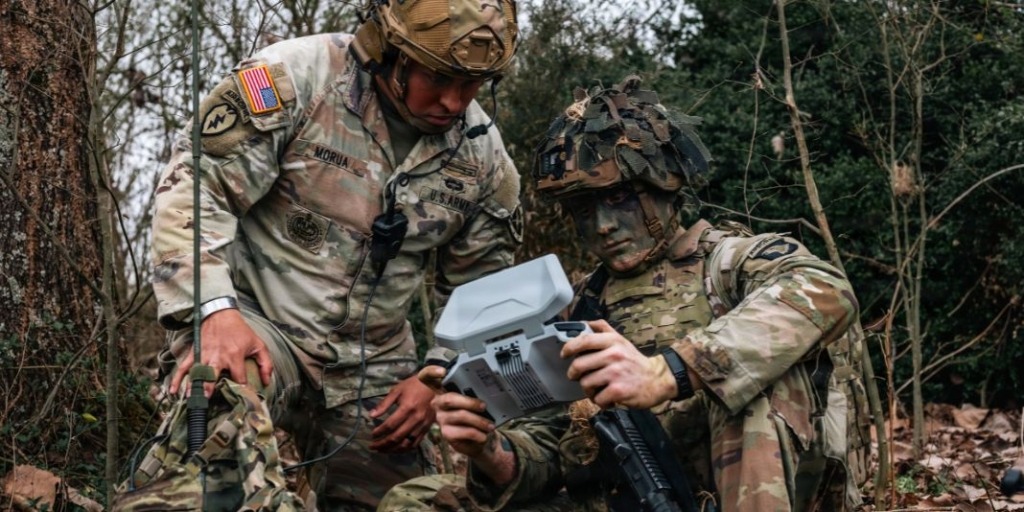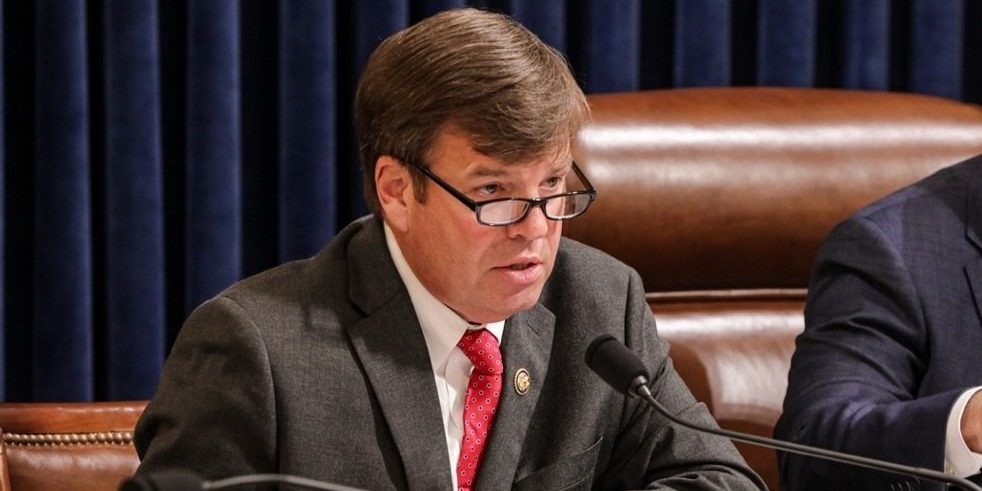WASHINGTON — Recognizing the threats of bioterrorism, the U.S. House of Representatives unanimously passed U.S. Rep. Dale W. Strong’s “DHS Biodetection Improvement Act.”
This legislation will bolster U.S. biodefense by ensuring that the Department of Homeland Security is positioned to combat bioterrorism threats, according to a news release from Strong’s office.
“I am glad that my colleagues recognized the importance of this legislation and passed it unanimously,” said Strong (R-Monrovia). “Threats from America’s enemies have continued to evolve and become more complex. The anthrax attacks of 2001 opened our eyes to a new threat landscape that included acts of bioterrorism.”
In the wake of the 2001 attacks, DHS established a program called BioWatch, which monitors, collects, and tests air samples for biological agents likely to be used in a terrorist attack, the release said. However, breakdowns in accurate and timely information sharing and lagging technological upgrades show that DHS has fallen behind.
“As a first responder myself, I know the difference that early detection makes,” Strong said. “This legislation will ensure DHS is fully leveraging every tool and resource to accomplish the goal of protecting Americans against bioterrorism.
“As our adversaries watch on, we cannot afford to fall behind, America’s security depends on it.”
Specifically, the bill will require DHS to do the following:
- Utilize the Department of Energy’s National Labs to develop new technologies related to biodefense.
- Develop a plan to acquire existing technologies to meet DHS’ biodetection mission needs.
- Conduct external evaluations to identify gaps and potential failure points.
- Submit a report to Congress outlining a defined plan for the future of biodetection.











